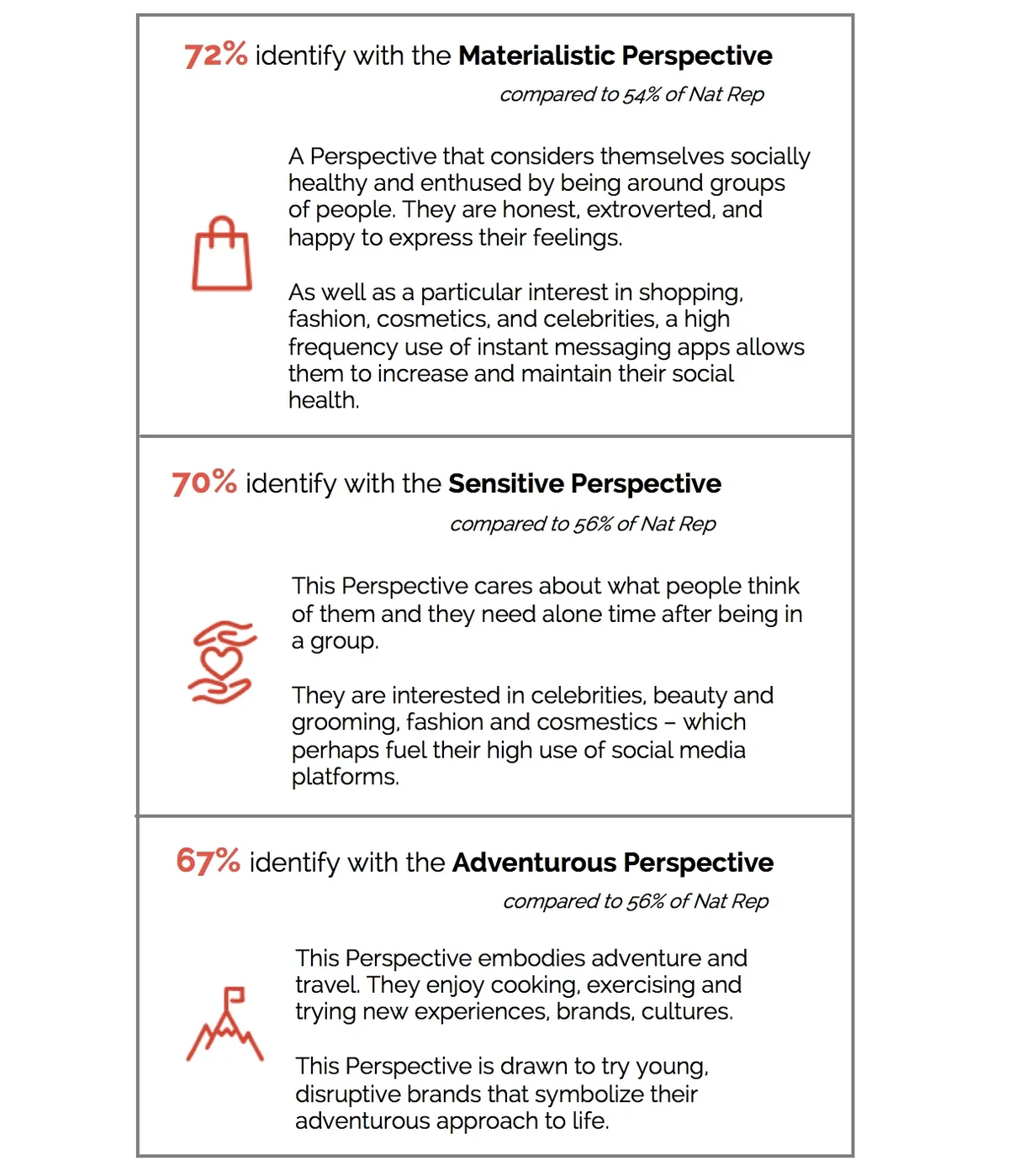Across a range of income levels, belief in lucky charms remains consistent
Belief in the power of lucky charms may stem from age-old superstition, but many today still see the appeal in carrying around a little extra luck. In sports, few lucky charms are more iconic than Michael Jordan’s college basketball shorts or Tiger Woods’ affinity for red polos. Even at this year’s World Cup, Lionel Messi tied a red ribbon, gifted to him by a fan, to his ankle for good luck.
A recent poll from YouGov Omnibus reveals that 24% of Americans say they carry a lucky charm at least occasionally. That number comprises of those who say they wear one “every day” (7%), “frequently” (4%), or “occasionally” (13%). A majority say they never carry around a lucky charm (70%).
More women (26%) than men (20%) say they carry a lucky charm at least occasionally. Regionally, belief in lucky charms is highest in the West (26%), with the Northeast (25%) and Midwest (24%) boasting similar numbers. Those who live in the South are less likely to carry around a charm (20%).
Wearing or carrying around a lucky charm has its appeal among all income levels. A fifth of Americans who earn more than $80,000 a year say they carry a charm at least occasionally (20%). That number ticks up slightly among those who earn $40,000 to $80,000 a year (21%) and those who earn $39,000 or less (23%).
Those who carry lucky charms have particular mindsets and worldviews distinct from the general US population. YouGov Profiles allows for a look at the emotions and outlooks that may forecast this group’s future behavior. The data shows that those who carry around lucky charms are more likely to identify with Materialistic, Sensitive, and Adventurous Perspectives.
Read more results from this poll here
Learn more about YouGov Omnibus and YouGov Profiles
Image: Getty










